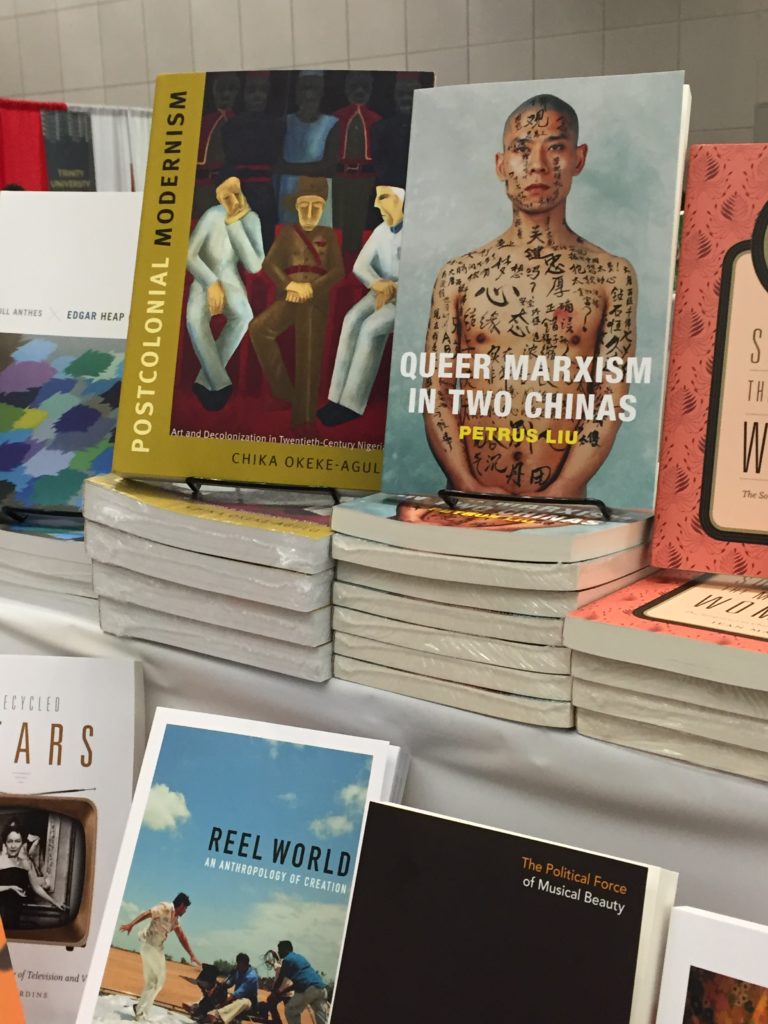Federalizing the MLA

Colleges and universities are forever feeling shortchanged by taxpayers. They needn’t worry.
For one thing, they are far richer than those of us who actually pay federal levies. For another, academia has succeeded in securing millions for what look like panel discussions at the Modern Language Association.
“The National Institutes of Health has spent more on exercise programs for refugees, anti-tobacco video games, weight-loss programs for truckers, and studies on gay hook up apps than it has to fight the Zika virus,” Elizabeth Harrington reported in the Washington Free Beacon on August 8, 2016. And a good chunk of that largesse went to universities.
For example:
- “Anti-obesity rap songs for kids were part of a joint project between the NIH and the Department of Agriculture that cost taxpayers $2,495,850,” Harrington reports. The University of Illinois at Chicago spent a decade working on those.
- Arizona State University got $380,272 to figure out if college freshmen gained weight due to peer pressure.
- “The National Institutes of Health (NIH) has spent more than $2.6 million giving truckers weight tips, including motivational phone calls while they drive,” Harrington reported on July 29, 2016. “Oregon Health and Science University (OHSU) is conducting the study, which claims truck drivers face a ‘growing health crisis.’”
- One professor at the University of California at San Diego managed to secure nearly half a million dollars in federal funding for “developing a text message” for “enhanced physical activity intervention for Latino men.” Bess Marcus, the “project leader,” specializes in “promoting exercise adherence and understanding the acquisition and maintenance of exercise behavior,”
- The University of Chicago got $1,859,480 to study “infants and children’s reasoning about foods.”
- The University of Minnesota got $1,626,038 to study the “troublesome product” of malt liquor.
- Emory University got about a half a million dollars to develop “a mobile phone game to prevent HIV among young Africans.”
- Meanwhile, Johns Hopkins University got about a half a million to study “first and subsequent same-sex satisfaction and behavior.”




